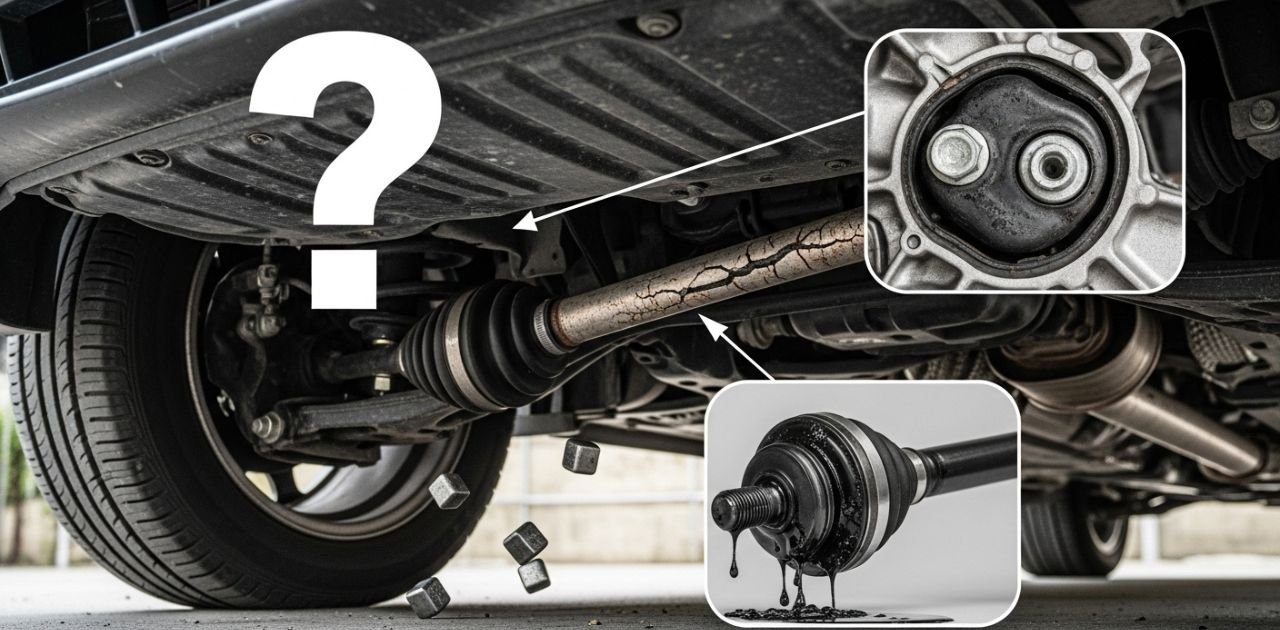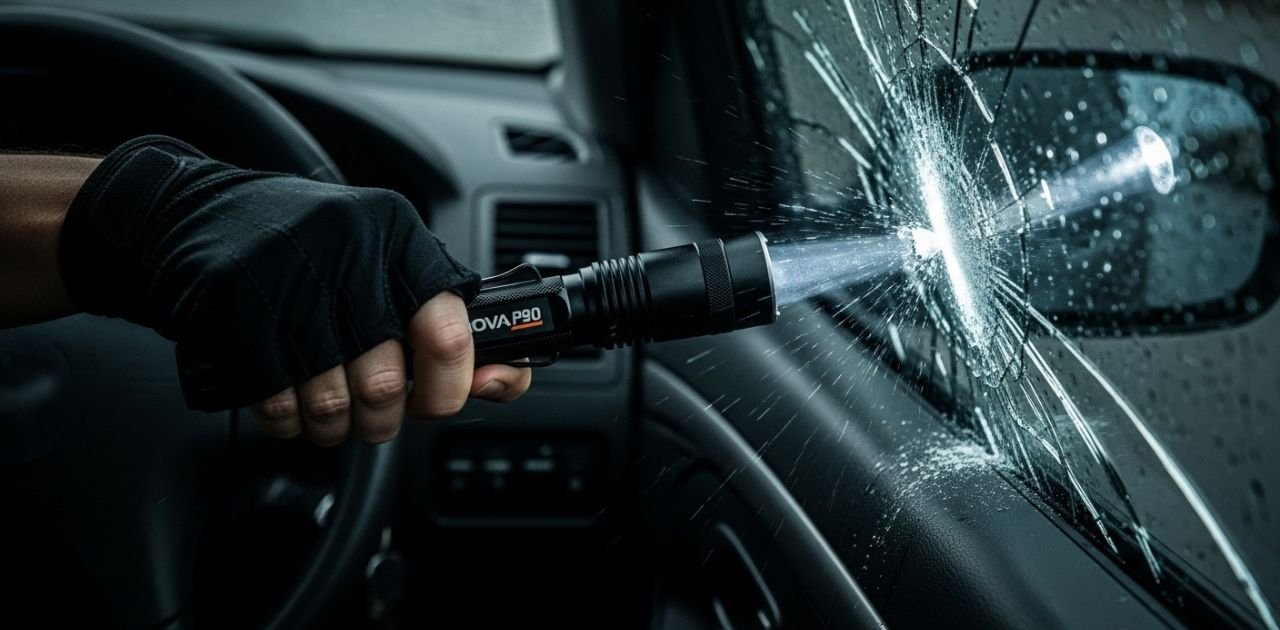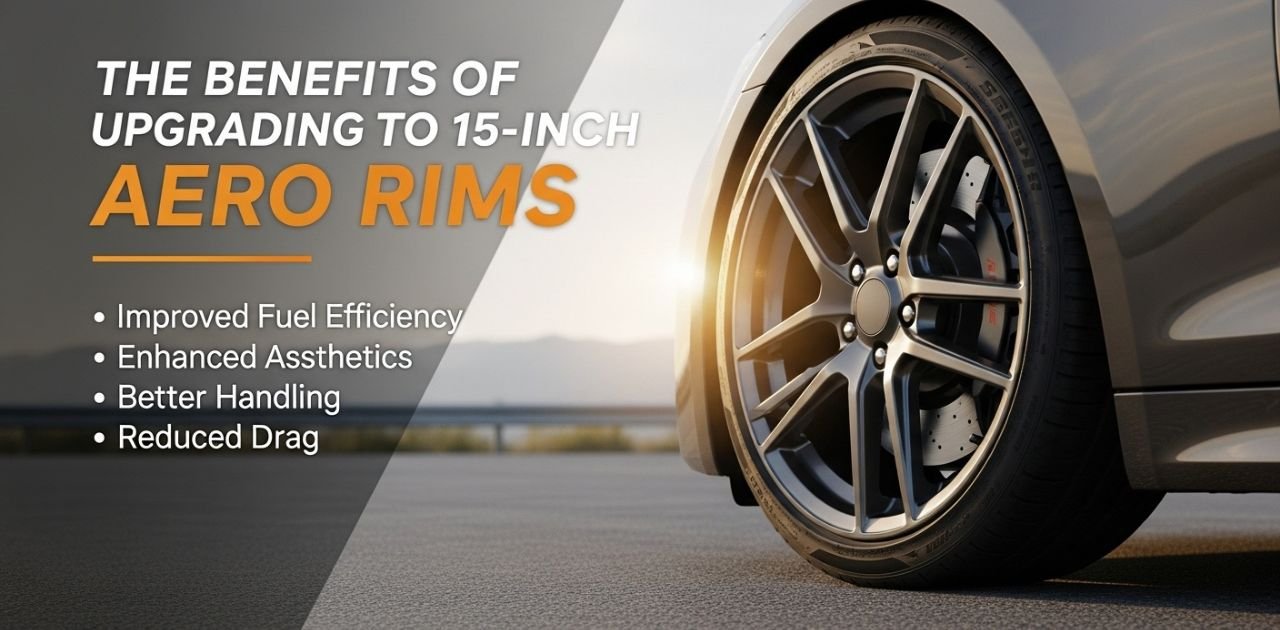Contents
- 1 Introduction to the problem
- 2 Possible causes of car shaking when accelerating
- 3 How to diagnose the issue
- 4 Solutions for common causes:
- 5 A. Tire problems
- 6 B. Engine misfire
- 7 C. Transmission issues
- 8 D. Suspension problems
- 9 Preventative measures to avoid car shaking while accelerating
- 10 When to seek professional help
- 11 Conclusion
Introduction to the problem
Have you ever felt an unsettling vibration in your car when you press the gas pedal? It’s a jarring experience that can turn a smooth ride into a bumpy ordeal. Whether it’s your daily commute or a weekend getaway, a shaking vehicle is not something to ignore. Understanding why this happens can save you from potential headaches down the road—both financially and safety-wise. Let’s delve into some common causes of car shaking during acceleration, so you can get back on track with confidence.
Possible causes of car shaking when accelerating
Experiencing a shake when you accelerate can be unsettling. Various factors could contribute to this issue.
One common cause is tire imbalance. When tires aren’t properly balanced, they can create vibrations that increase with speed.
Another possibility involves the drivetrain components. Worn or damaged parts may not transfer power smoothly, leading to unwanted shakes.
Engine issues might also play a role. An engine misfire disrupts the combustion process and results in noticeable shuddering during acceleration.
Don’t overlook your vehicle’s suspension system either. Worn-out shocks or struts can compromise stability and cause shaking when speeding up.
Transmission problems could be at fault as well. If gears are slipping or not engaging correctly, it can lead to a shaky ride whenever you press on the gas pedal.
How to diagnose the issue
Diagnosing why your car shakes when accelerating requires a careful approach. Start by paying attention to the conditions under which the shaking occurs. Is it only during hard acceleration, or does it happen at lower speeds as well?
Next, perform a visual inspection of your tires. Look for uneven wear patterns or any visible damage. Check tire pressure too; improperly inflated tires can cause vibrations.
Listen closely while driving. Any strange noises accompanying the shaking might give clues about where the problem lies.
You can also try shifting into neutral while accelerating gently to see if the shaking persists. If it stops, transmission issues could be at play.
Don’t forget to take note of warning lights on your dashboard; they often provide critical information that can assist in diagnosing engine-related problems.
Solutions for common causes:
Addressing tire problems is often the first step. Check for uneven wear or low air pressure. Rotating tires might help, and don’t forget to align them properly.
Next, if you suspect an engine misfire, inspect spark plugs and ignition coils. Replacing worn parts can restore smooth acceleration. A quick diagnostic test may reveal fault codes that pinpoint issues.
Transmission troubles might require more attention. If shifting feels rough or delayed, check fluid levels and consider a transmission service. Sometimes a simple flush can do wonders.
Suspension components should also be evaluated if shaking persists. Look for damaged struts or shocks, as these greatly influence stability during acceleration. Tightening loose parts could be all it takes to improve performance significantly.
Each problem has its own solution; addressing them early prevents further complications down the road.
A. Tire problems
Tire problems are a common culprit when your car starts to shake during acceleration. Uneven tire wear can lead to vibrations, particularly at higher speeds. If one or more tires are worn out, it may disrupt the balance of your vehicle.
Under-inflated or over-inflated tires can also cause issues. The incorrect pressure affects how the tire contacts the road, leading to instability while driving.
Don’t forget about alignment and balancing. Misalignment causes uneven tread wear and unsettling shakes as you pick up speed. Proper wheel balancing ensures that all four tires rotate evenly.
Regularly inspecting your tires for damage is essential too. Look for cracks, bulges, or foreign objects embedded in the rubber—these can compromise performance significantly and lead to a shaky ride when you accelerate.
B. Engine misfire
An engine misfire can create a noticeable shake when you accelerate. It happens when one or more cylinders fail to ignite properly. This issue often leads to jerky movements and vibrations.
Several factors can cause an engine misfire. Worn spark plugs, faulty ignition coils, or dirty fuel injectors are common culprits. If your vehicle struggles during acceleration, it might be time to investigate these components.
Sometimes, the check engine light will illuminate if there’s a significant problem at play. However, minor issues may go unnoticed until they start affecting performance.
Listen for unusual sounds coming from the engine bay as well. A rough idle could signal that something isn’t quite right under the hood.
Addressing an engine misfire promptly is essential for maintaining overall vehicle health and ensuring smooth drives ahead.
C. Transmission issues
Transmission issues can manifest as shaking during acceleration. When gears fail to engage smoothly, vibrations may occur. This can stem from low transmission fluid levels or a worn-out clutch.
Additionally, if your vehicle has an automatic transmission, slipping gears could be the culprit. You might feel a sudden loss of power accompanied by unusual noises. These signals indicate underlying problems that require attention.
Another factor is a damaged torque converter. It plays a crucial role in transmitting engine power to the wheels. If it malfunctions, you may experience shuddering sensations while accelerating.
Regular maintenance helps prevent these issues. Keep an eye on fluid levels and consider scheduled inspections for early detection of potential problems with your transmission system.
D. Suspension problems
Suspension problems can significantly impact your car’s stability and comfort. If your vehicle shakes during acceleration, worn-out or damaged suspension components might be the culprit.
Key parts to examine include struts, shocks, and control arms. Over time, these components wear down due to road conditions and normal use. When they fail, they struggle to keep your tires in contact with the pavement effectively.
Another potential issue is misalignment. Hitting a pothole or curb can throw off your wheel alignment, leading to uneven tire wear and vibrations while driving.
Listening for unusual noises can also provide clues about suspension issues. Clunks or rattles when accelerating may indicate loose or failing parts that need attention soon.
Addressing these problems early on ensures safer handling and a smoother ride. Regular inspections of your suspension system will help you catch any issues before they escalate into more significant concerns.
Preventative measures to avoid car shaking while accelerating
To keep your car running smoothly, regular maintenance is key. Scheduling routine inspections can help identify potential issues before they become serious problems.
Check your tires frequently. Proper inflation and tread depth can prevent vibrations while accelerating. Rotating the tires regularly promotes even wear.
Engine health matters too. Change oil as recommended and replace air filters to ensure optimal performance.
Don’t overlook the suspension system. Keeping it in good shape will improve ride quality and reduce shaking.
Pay attention to how you drive. Avoid rapid acceleration or hard braking, which can stress various components of your vehicle.
By being proactive about these measures, you enhance not only safety but also driving comfort on every journey.
When to seek professional help
If your car shakes violently when accelerating, it’s time to take action. This isn’t just a minor annoyance; it can signal significant issues.
Don’t ignore strange noises that accompany the shaking. Sounds like grinding or clunking can indicate serious problems needing expert attention.
Monitor how long the shaking lasts. If it persists beyond a short distance or intensifies, that’s a red flag. Your vehicle’s safety and performance could be at stake.
Also, consider your mechanical knowledge and comfort level with repairs. If you’re unsure about diagnosing the issue yourself, seeking professional help is wise.
Remember that some problems may worsen over time if left unchecked—leading to more costly repairs later on. Taking swift action ensures you’re not only preserving your vehicle but also maintaining safety on the road.
Conclusion
Car shaking during acceleration can be a frustrating experience, and it’s not something you should ignore. It’s essential to understand the potential causes of this issue, from tire problems to engine misfires. Being proactive about diagnosing your vehicle can lead to effective solutions that improve both safety and performance.
Regular maintenance plays a crucial role in preventing these issues. Keeping an eye on your tires, ensuring your engine runs smoothly, and checking suspension components can save you headaches down the road.
If you’ve gone through troubleshooting but still feel uncertain or overwhelmed by what might be wrong with your car, don’t hesitate to seek professional help. Mechanics have the expertise and tools necessary to accurately diagnose more complex issues.
Your vehicle is an investment worth taking care of; addressing any signs of trouble promptly will ensure it continues running as it should for years to come.




